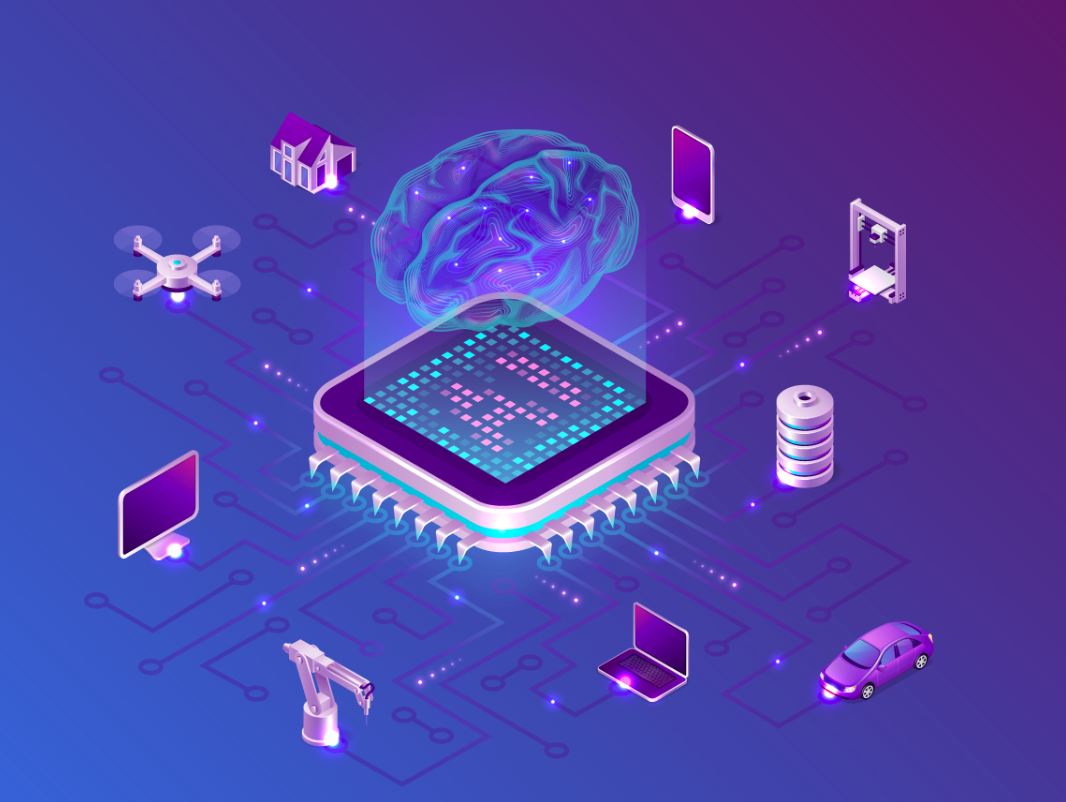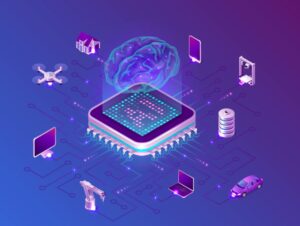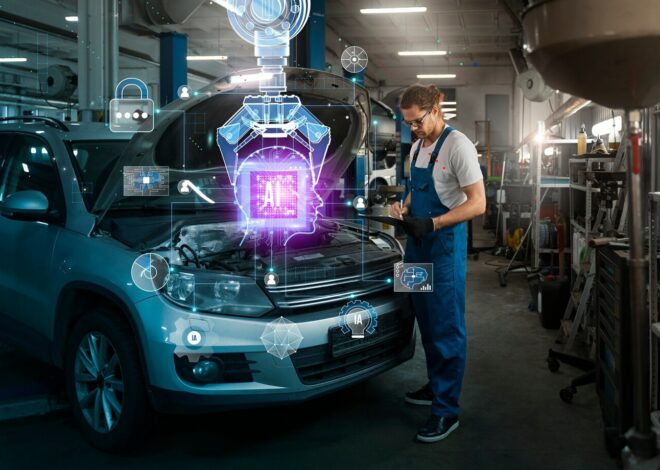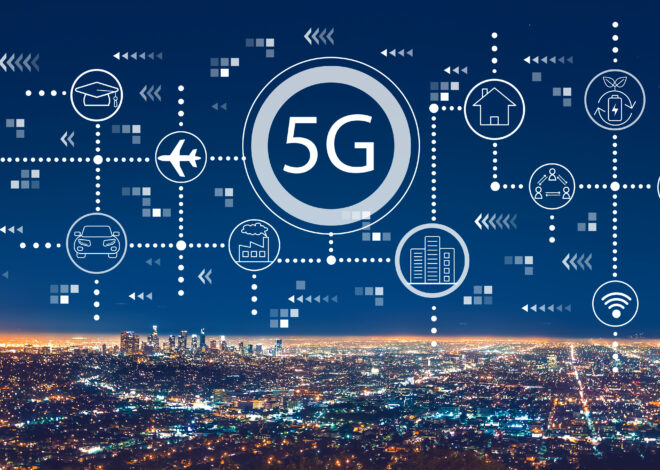
The Future of Artificial Intelligence: How Technology is Changing the Game
With each passing day, the world of technology becomes increasingly advanced, leaving no doubt that we are living in the era of the digital revolution. One of the most groundbreaking advancements in this realm is the rapid progress of Artificial Intelligence (AI). AI has captured the attention of developers, scientists, and tech enthusiasts alike, pushing the boundaries of what is possible and reshaping our future in unimaginable ways. In this blog post, we will delve into the future of AI and explore how technology is changing the game.

AI, in its simplest form, refers to the ability of machines to mimic human intelligence and perform tasks that typically require human intelligence, such as speech recognition, decision-making, problem-solving, and even creativity. It is this potential for machines to replicate human-like intelligence that has sparked a wave of excitement, as well as fear and curiosity about what lies ahead.
The future of AI promises to be transformative in numerous fields, revolutionizing the way we live, work, and interact with technology. Here are some key ways in which technology is shaping the game for AI:
1. Advancements in Deep Learning
Deep learning, a subset of AI, focuses on neural networks with multiple layers. Recent breakthroughs in deep learning algorithms have significantly enhanced the processing power and capacity of AI systems. This allows machines to analyze vast amounts of data, detect patterns, and learn from experiences at an unprecedented level. The result is more accurate predictions, faster problem-solving, and improved efficiency.
2. Internet of Things (IoT) Integration
The proliferation of IoT devices has presented a wealth of opportunities for AI. The ability to connect various devices and sensors enables AI systems to gather real-time data from multiple sources. This data can then be used for a diverse range of applications, including smart homes, autonomous vehicles, healthcare monitoring, and energy management. The integration of AI with IoT has the potential to revolutionize numerous industries and enhance our day-to-day lives.
3. Natural Language Processing (NLP) Advancements
NLP, a branch of AI, focuses on enabling computers to understand, interpret, and respond to human language. Recent advancements in NLP technology, particularly with the advent of deep learning models like GPT-3, have pushed the boundaries of what is possible with language-based applications. AI-powered chatbots, virtual assistants, and language translation services are just a few examples of how NLP is changing the game, making human-computer interaction more seamless and natural.
4. Enhanced Robotics
Robotics is another field that has seen significant advancements due to AI. With AI algorithms and machine learning techniques, robots can now perform tasks with greater precision, adaptability, and autonomy. From automated warehouses to surgical robots, AI is transforming industries by improving productivity, efficiency, and safety. The future of robotics holds immense potential for applications in fields such as healthcare, manufacturing, and exploration.
5. Ethical Considerations
Amidst the rapid developments in AI, ethical considerations have taken center stage. As AI becomes more integrated into our lives, questions arise about privacy, biased algorithms, and the overall impact on society. It is crucial to carefully navigate these ethical challenges and ensure that AI is developed and deployed in a responsible and inclusive manner.
In conclusion, the future of AI is nothing short of extraordinary. Technology continues to shape the game for AI, empowering machines with the ability to think, learn, and adapt like never before. As we venture into this new frontier, it is essential to embrace the opportunities and challenges that lie ahead, while keeping in mind the ethical considerations that will determine how AI impacts society. The only certainty is that the future of AI will be nothing short of transformative, revolutionizing the world as we know it.



